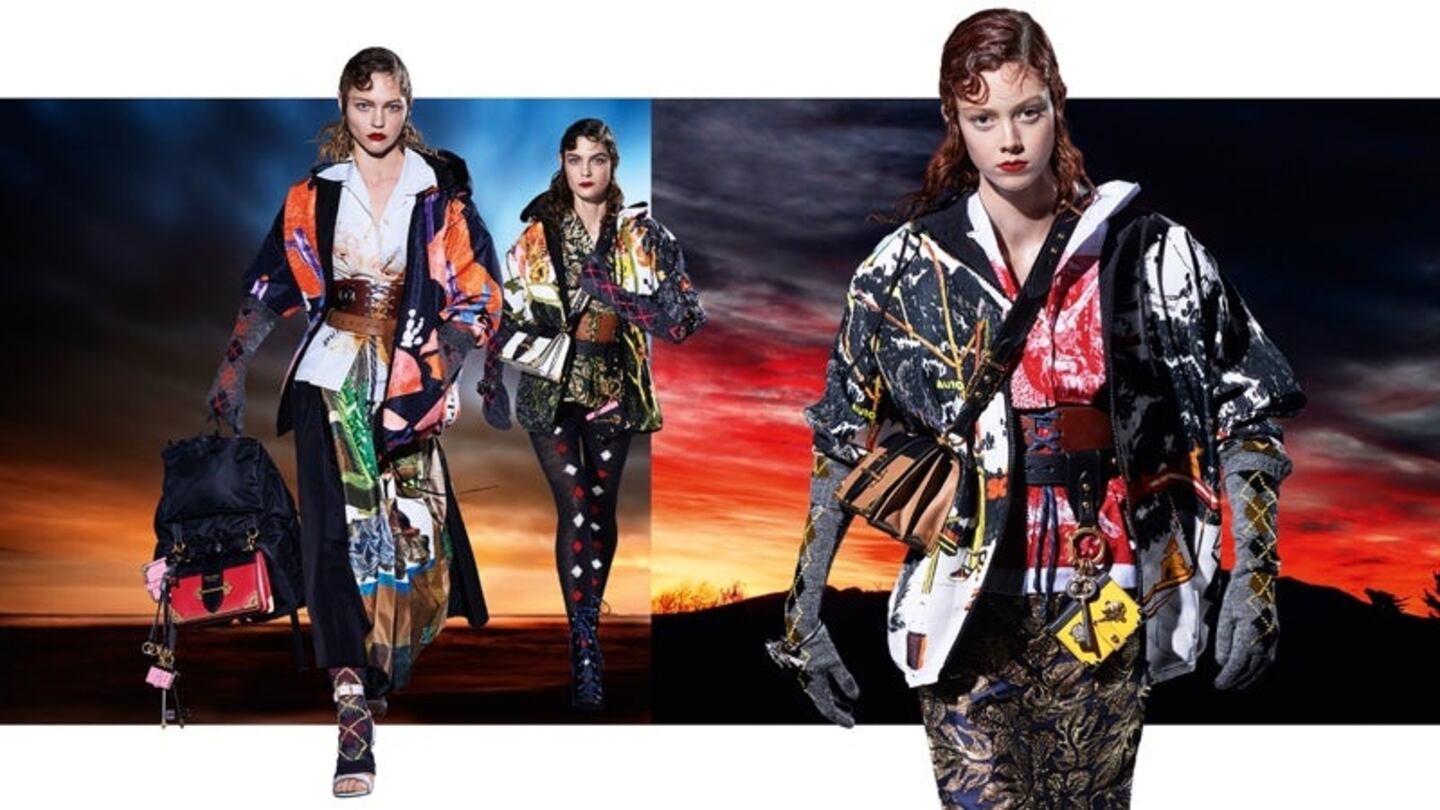
The Business of Fashion
Agenda-setting intelligence, analysis and advice for the global fashion community.

Agenda-setting intelligence, analysis and advice for the global fashion community.

MILAN, Italy — Prada SpA reported the first decline in opening-half sales since its 2011 listing as weak demand in China and terrorist attacks in Europe continued to weigh on the Italian luxury-goods maker.
Revenue fell 15 percent to €1.55 billion ($1.8 billion), the Hong Kong-listed company said in a statement Friday, missing the €1.65 billion average analyst estimate compiled by Bloomberg. Earnings also declined, though by slightly less than analysts predicted.
As the wider luxury industry struggles for growth, Prada has been hit harder than most. That is partly because its handbags are too expensive and it is been too slow to invest online, according to Sanford C. Bernstein analysts. The company is seeking to address those issues amid two years of stagnant sales and its lowest profit in five years.
“Management sees 2016 as a turning point from where the group will return to growth by focusing on the values that made Prada the iconic company it is today,” the company said in the statement.
ADVERTISEMENT
Prada plans to double its e-commerce sales over the next two years by increasing the number of categories it offers online, particularly shoes, and expanding its social media activities.
Earnings before interest, tax, depreciation and amortisation fell 25 percent to €330 million in the six months, according to the statement. Analysts estimated €327.8 million.
The results were released after the close of trading in Hong Kong, where Prada shares closed up 2.1 percent at $HK21.75.
By Paul Jarvis; editors: Matthew Boyle; Tom Lavell.
Related Articles:
Gucci Among World's Hottest Fashion Brands, While Prada Cools
Prada Should Be Prada
How Do You Solve a Problem Like Prada?
In 2020, like many companies, the $50 billion yoga apparel brand created a new department to improve internal diversity and inclusion, and to create a more equitable playing field for minorities. In interviews with BoF, 14 current and former employees said things only got worse.
For fashion’s private market investors, deal-making may provide less-than-ideal returns and raise questions about the long-term value creation opportunities across parts of the fashion industry, reports The State of Fashion 2024.
A blockbuster public listing should clear the way for other brands to try their luck. That, plus LVMH results and what else to watch for in the coming week.
L Catterton, the private-equity firm with close ties to LVMH and Bernard Arnault that’s preparing to take Birkenstock public, has become an investment giant in the consumer-goods space, with stakes in companies selling everything from fashion to pet food to tacos.